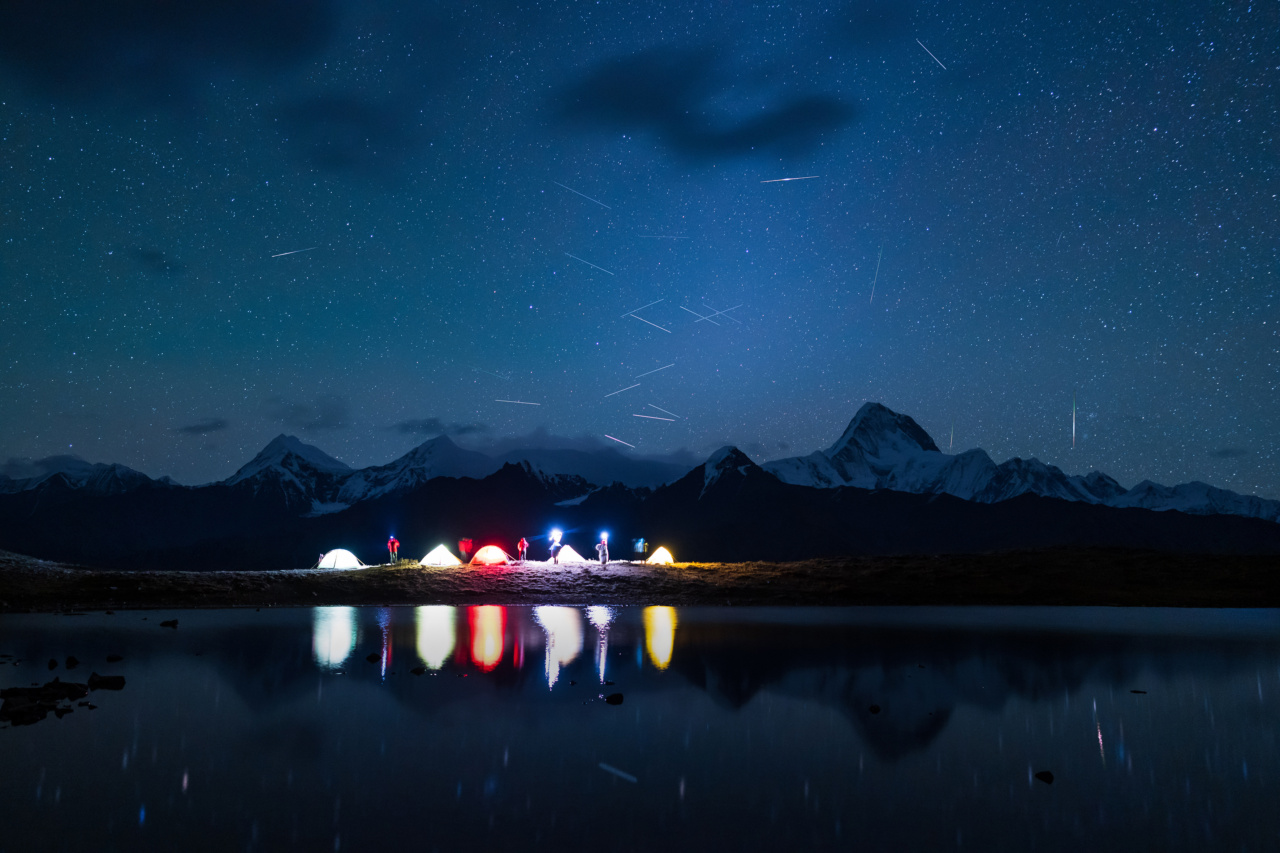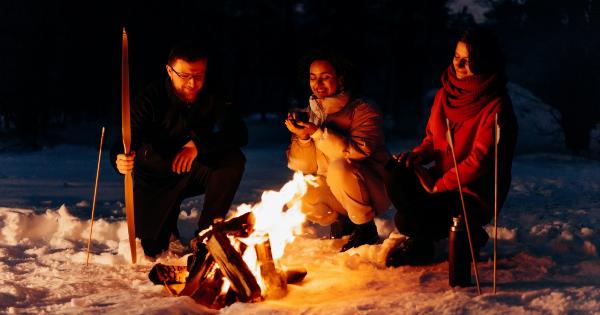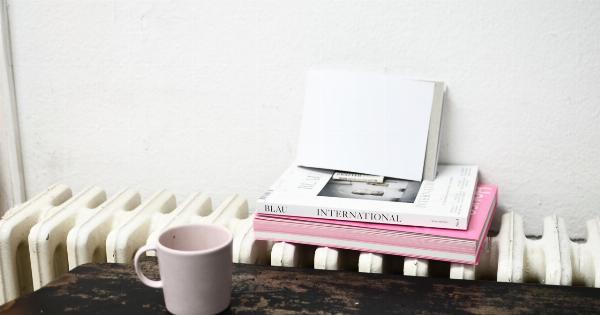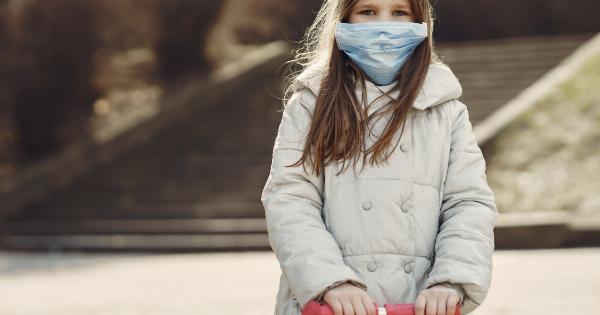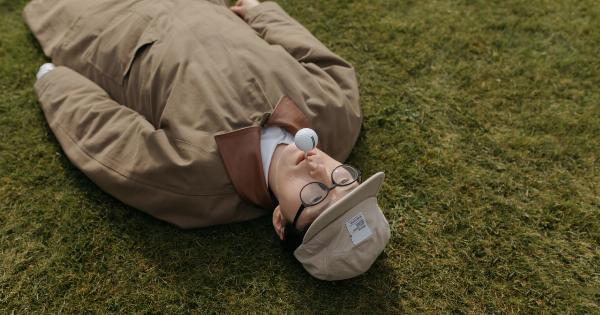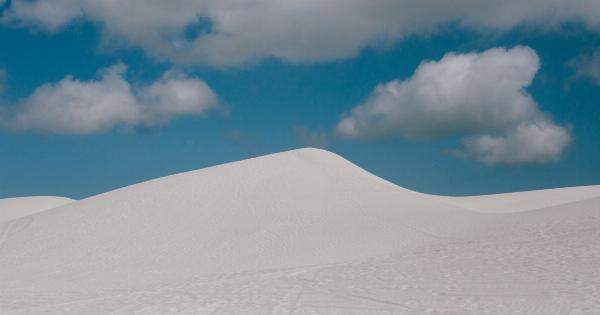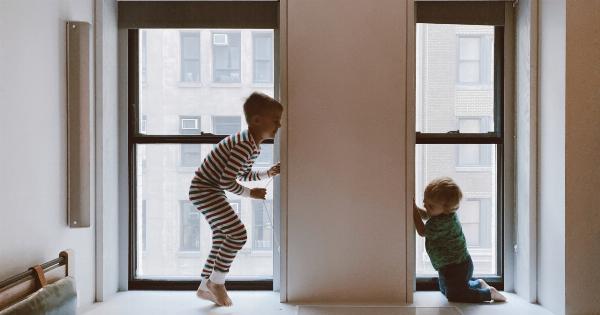Winter camping can have its own set of unique challenges, including staying warm, keeping your gear dry, and of course, dealing with cold weather. One of the lesser-known challenges of winter camping is insomnia.
Many people find it difficult to get a good night’s sleep when they are camping in the winter. In this article, we will provide some tips for surviving winter camping insomnia.
Understand Why You’re Not Sleeping
The first step in dealing with insomnia while winter camping is to understand why you’re not sleeping. There are several factors that can contribute to poor sleep quality when you’re camping in the winter:.
- Cold temperatures
- Unfamiliar sleeping environment
- Noise from the wind or other campers
- An uncomfortable sleeping surface, such as a thin sleeping pad or a hard surface
By understanding why you’re not sleeping, you can take steps to address each issue and hopefully get a more restful night’s sleep.
Stay Warm
One of the main reasons people have trouble sleeping while camping in the winter is because they are cold. It’s important to make sure that you have the right gear to stay warm while you’re sleeping.
This might include a warm sleeping bag, a down or synthetic jacket to wear while sleeping, and a sleeping pad with a high R-value to insulate you from the cold ground.
In addition, try to keep your head and neck warm by wearing a beanie or balaclava. You can also wear warm socks to keep your feet warm. Make sure that you are not wearing too many layers, which can lead to sweating and make you feel colder as a result.
Create a Familiar Sleeping Environment
Another reason people have trouble sleeping while camping is because it’s an unfamiliar sleeping environment. To combat this, try to create a familiar sleeping environment as much as possible.
Try bringing a familiar pillow or blankets from home to help create a more familiar sleeping environment. You can also bring a sleep mask or earplugs to block out any noise or light that might be keeping you awake.
Block Out Noise with White Noise
Speaking of noise, it can be difficult to get a good night’s sleep when you’re camping because of all the unfamiliar noises around you. One way to combat this is by using white noise to block out other noises.
You can download white noise apps on your phone, or bring along a white noise machine. Some people even use a pair of noise-canceling headphones to block out sound.
Get Some Exercise
Exercise can be helpful in promoting better sleep. If you’re feeling restless and unable to sleep, try doing some light exercise before bed.
This could be as simple as doing some stretching, or going for a short walk around your campsite. Just make sure not to work out too hard, as this can actually make it more difficult to fall asleep.
Stick to a Sleeping Schedule
Another way to promote better sleep while camping is to stick to a regular sleeping schedule. Try to go to bed and wake up at the same time each day, even on the weekends.
This will help regulate your body’s internal clock, making it easier to fall asleep and stay asleep while camping.
If you find that you’re still having trouble sleeping after a few days, consider adjusting your sleeping schedule by a half-hour or so to see if that helps.
Stay Hydrated
Dehydration can also contribute to poor sleep quality. Make sure that you are drinking plenty of water throughout the day, and consider bringing along a water bottle to keep by your side while you sleep.
Be sure to use a pee bottle if you need to go to the toilet in the night, as getting up and leaving your tent can make you feel even colder and disrupt your sleep even more.
Avoid Caffeine and Alcohol
Caffeine and alcohol can both interfere with your sleep, even when you’re camping. Try to avoid consuming caffeine or alcohol in the hours leading up to bedtime.
Instead, drink herbal tea or hot water with lemon to help you wind down and feel relaxed before bed.
Conclusion
While there is no magic bullet for dealing with insomnia while winter camping, there are steps that you can take to promote better sleep.
By staying warm, creating a familiar sleeping environment, blocking out noise with white noise or earplugs, getting some exercise, sticking to a sleeping schedule, staying hydrated, and avoiding caffeine and alcohol, you can set yourself up for a more restful night’s sleep.
